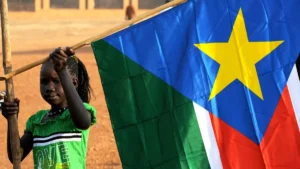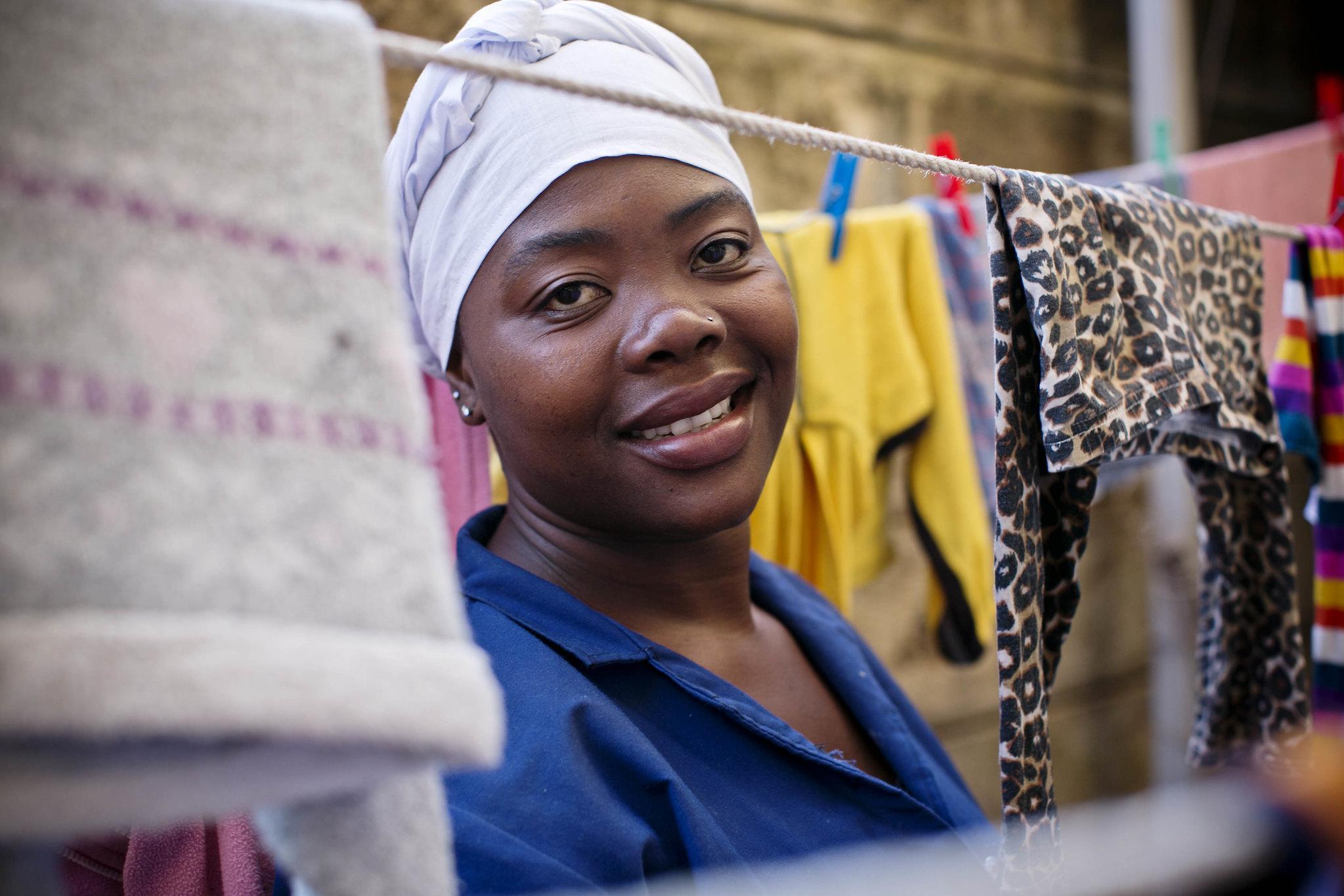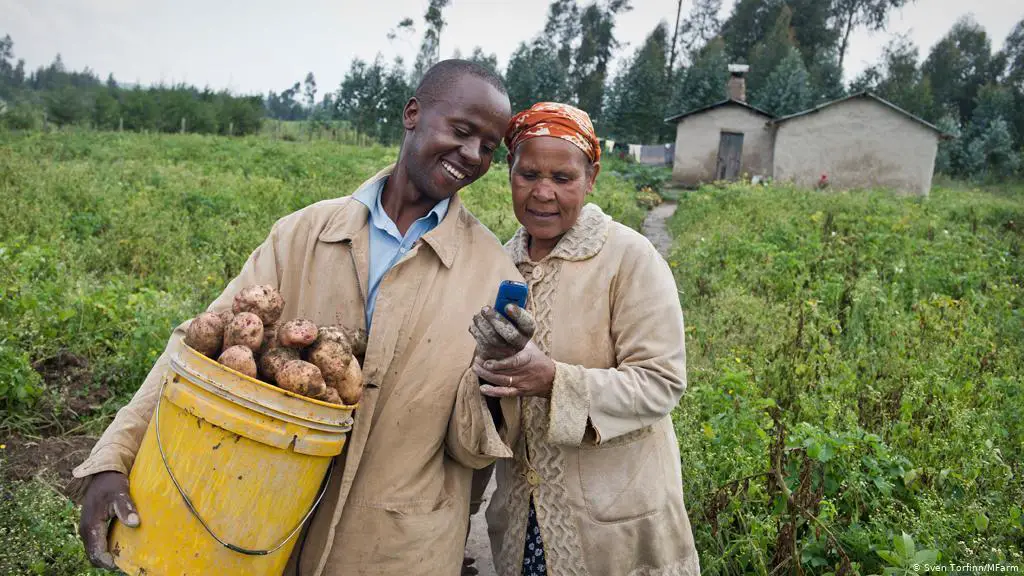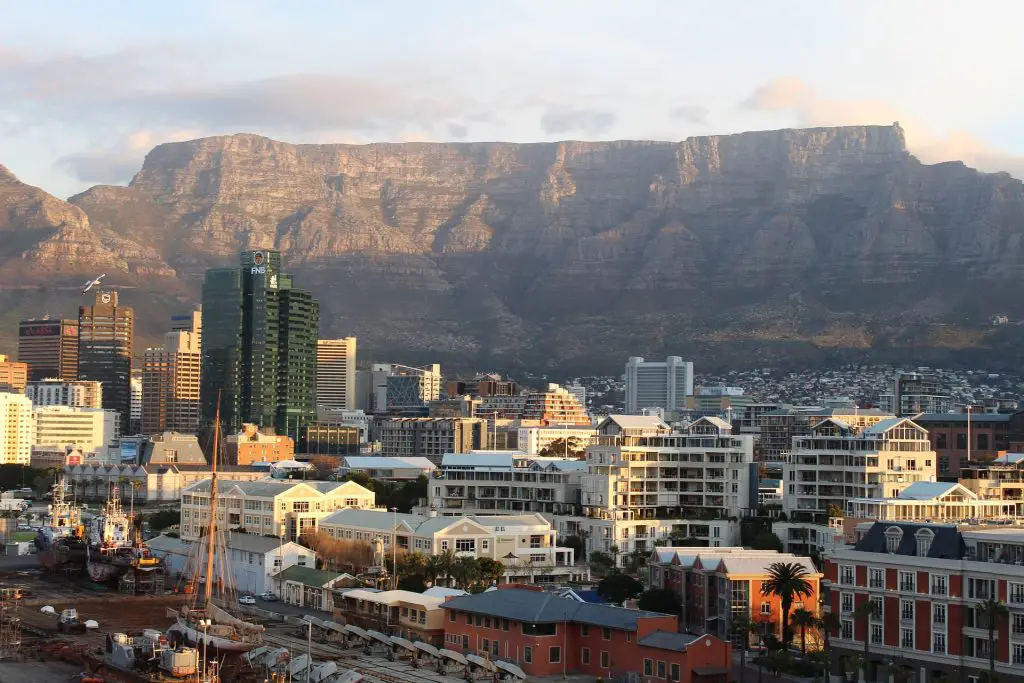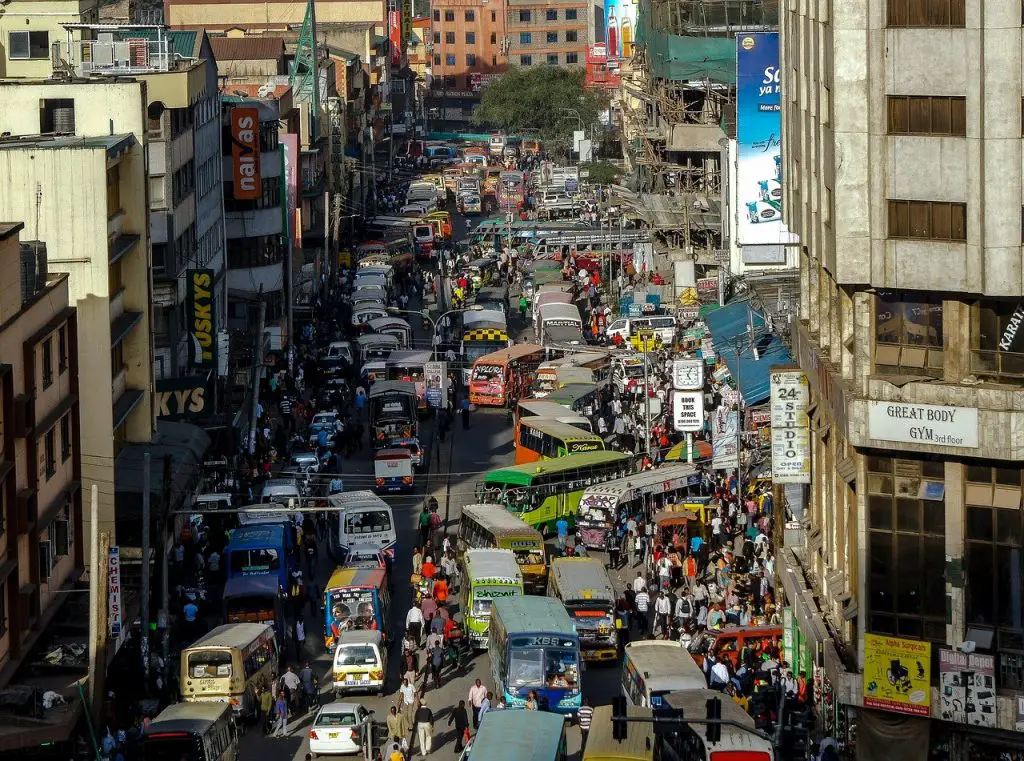- History beckons as push for Kenya’s Ruto to address US Congress gathers pace
- IMF’s Sub-Saharan Africa economic forecast shows 1.2 percent GDP growth
- The US Congress proposes extending Agoa to 2041, covering all African countries
- Millions at risk of famine as fuel tax row halts UN aid operations in South Sudan
- Empowering the Future: Humanity Protocol’s Dream Play Initiative
- TikTok Community Guidelines update aims to curb hate speech and misinformation
- Rwanda sees 39% surge in bank borrowers as Sacco and MFI loan uptake declines
- Kenya Ports Authority wins dispute case over cargo release
Browsing: premium
Having an honest job is one of the most respectable activities a person can be consumed with. As long as one is able to pay bills, sustain their livelihoods, while living a dignified life, and of course pay taxes, should the latter be of grave concern, being employed has a positive social stigma associated to it.
Regardless, the privilege of having a job, especially today is one that many take for granted. Youth, in particular, those entering the workforce have an even tougher road to trek, when finding employment. The matter is worse in the developing world, where jobs are increasingly becoming scarce, even though politicians consistently campaign about job creation as a means to win voters.
Over the course of the past decade, labor productivity has become a major issue affecting all corners of the globe, but in Africa, the situation stands in peril.
The International …
It is unfair to mention African development pillars without mentioning the agriculture sector which employs nearly half of the population of sub-Saharan Africa (SSA).
The sector has enormous benefits to the continent, where farmer-centred organizations such as AGRA (Alliance for a Green Revolution in Africa) argue that nearly one-half of the young population is involved in the continent’s 60 million farms.
It is with no doubt that African farms stand to be the next profitable food market suppliers of the world.
“Out of total urban food sales of roughly US$200 to US$250 billion per year, over 80 per centcomes from domestic African suppliers,” according to AGRA.
Nearly 23 per cent of SSA’s GDP comes from agriculture (McKinsey, 2019); the sector is responsible for providing decent income, growth and poverty reduction for SSA.
The region’s food market was valued at $300 billion in 2017 and it could be …
Digital ID Africa Financial Inclusion
We can all agree that there is a possibility in the future, for anyone who can’t be digitally identified, the opportunity to access services are slim to none, especially financial services.
A digital ID is a form of identification where an individual can be known via remote means over digital channels. This features a high degree of verification and authentication, uniquely formed with individual consent and also observes user’s privacy and control over personal data. The latter, user privacy is a matter of a different discussion, but for now, the digital inclusion of an individual is paramount to create an electronic footprint in today’s globally connected world.
At present, there are more than 1 billion people who are not legally recognized as they bear no form of any identity (ID). According to World Bank 2018 estimates, almost 48 per cent of these “unknown” individuals exist …
Africa Entertainment Industry
Nothing soothes the African plains like heart-pumping beats and the melodious ethos of African instruments playing to cultural tunes intertwined with western influences of hip hop and RnB (Rhythm and Blues).
As Africa poses the world’s youngest population, the continent is not short of excitement. The region has plenty of singers, dancers, musicians and beatmakers, all hungry to produce the continent’s next hit. But it’s not just music that’s driving the continent’s entertainment industry.
The billion-dollar business of entertainment spans across, television, cinema, radio, video games, e-sports, print and online publishing, book publishing, business-to-business, music, out-of-home, and virtual reality.
Currently, only five countries are taking the lead in churning more revenue and putting talents out for the world to see as opposed to its other neighbours in Africa. Nigeria, South Africa, Ghana, Kenya and Tanzania have taken a lead in Africa, leaving much of …
Africa is big! Africa is growing and is projected to be more populous than it is now. Estimates indicate that nearly 2.8 billion people will inhabit Africa by 2060, according to the World Bank.
The high population could impact African countries depending on each respective country‘s reaction toward overpopulation and urbanization.
A crucial factor in this is land. To be more specific, urbanization of African economic hotspots ought to be analyzed effectively, because Africa is not open to the world as it supposed to be.
Not only that, but African cities are changing fast, and Africa requires a robust approach which is close to fool-proof to push the region towards sustainable development.
In this case, the Organization for Economic Co-operation and Development (OECD) report on Africa’s Urbanisation Dynamics 2020 enlightens the perspective quite vividly.
Kenya had more urban dwellers than the entire …
Africa is rising and gradually taking over the helm of economic power. This growth is now evenly spread, as other parts of the continent experience a slower growth pace compared to the rest, albeit recent years point to evidence of uneven growth across the continent’s sub-regions.
The African Development Bank’s (AfDB) economic outlook observed that only a third of Africa’s nations met the inclusive mark—downplaying inequality and poverty across the continent. Inequality and poverty have not been combatted efficiently as that would require deep structural reforms, build resilience for farmers against harsh-weather conditions by providing for smart agricultural schemes and providing fiscal space for expansion of safety nets.
In the same context, the continent’s growth has been forecasted on different levels. The outlook released on January 30, pointed out that Africa’s economic growth had stabilized at 3.4 per cent in 2019 and …
The East African region is a vast region with massive resources, population, and an established commercial landscape that presents viable business opportunities for external investors. According to statistics both by the World Bank and IMF, the region was one of the fastest-growing in Africa with a high influx of foreign direct investments.
In the 2019 report, United Nations Conference on Trade and Development (UNCTAD) noted that the East African region including Ethiopia received $9 Billion in foreign direct investment with projections of this figure doubling over time. However, the effects of the Covid-19 has had a great effect both on the economic growth as well as the number of foreign investments into the region.
The African Development Bank, in its analysis of the effects of Covid-19, highlighted the rebound of the East African economy as one of the main points of observation of the continent’s resilience. GDP growth for 2020 …
When the Cisco Global Problem Solver Challenge 2020 winners were officially announced, one pair of Kenyan names stood out. Emmastella Gakuo and Percy Lemtukei, co-founders of Savanna Circuit Tech came out victorious bagging total funding of US$100,000.
The initiators of this problem solver challenge aim to have a pool of entrepreneurs and innovators who are keen on developing a solution that changes the manner in which global issues can be addressed for the common person.
The Cisco Global Problem Solver Challenge is an online competition that awards cash prizes to early-stage startups that have developed a solution that drives economic development or solves a social or environmental problem.
Emmastella and Percy founded Savanna Circuit Tech in 2017, after meeting at the University of Nairobi. Observing a gap in which the dairy industry in Kenya was operating and the lack of a system to prolong the life of dairy products in …
Even with the challenges confronting women in agriculture on the continent, there are a few trailblazers setting the pace in livestock production and value addition. …
China’s foreign ministry says that the origin of Africa’s debt problem is complex with each country’s debt profile varying.…

